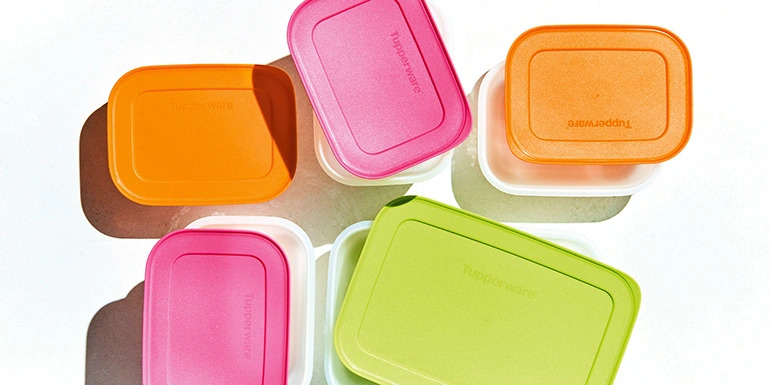Tupperware is undeniably a huge part of Filipino culture.
When attending birthday parties, baptisms, or even weddings, it is essential for the guests to ‘sharon’ their way and bring home leftovers, which is totally common within the tradition.

Unfortunately, it has just been reported that Tupperware Brands Inc and some of its subsidiaries filed for Chapter 11 bankruptcy protection on Tuesday, which the food storage solutions firm confirmed in a statement.
Tupperware’s sales momentarily recovered because of the COVID-19 epidemic, as families cooked more and accumulated leftovers while spending more time at home. But the demand hasn’t continued to rise like.
Through that, the container brand’s financial difficulties were partly caused by a fall in sales as the world gradually reopened and people’s lives resumed their everyday routines. This progression transpires after a notable decline in the company’s market value and increasing fiscal challenges.
Based on the most recent reports, Tupperware’s stock has dropped 15.8% to 43 cents, marking a stunning 57 percent decrease recently.
Founded in 1946 by chemist Earl Tupper, Tupperware quickly gained popularity in the 1950s. Its airtight containers revolutionized food storage, and in the post-war era, women seeking financial independence and empowerment hosted ‘Tupperware parties’, contributing to the brand’s fame.
It was introduced in the Philippines in 1966 and has transformed millions’ lives with its world-class products and income opportunities. In 2007, it merged with Sara Lee Direct Selling Philippines to form Fullerlife Direct Selling Philippines.
Despite the challenges, Tupperware has taken proactive steps to address its financial issues, including hiring legal and financial advisors. However, the company currently manages over $700 million in debt, and ongoing discussions with lenders aim to find a viable solution.
The potential bankruptcy of Tupperware not only signifies the challenges traditional consumer products companies face in adapting to changing consumer behavior and market conditions, but also raises concerns about the impact on Filipino culture.
Although Tupperware’s inventive products revolutionized food storage and became a cultural phenomenon, the company’s current problems reflect how hard it is to stay relevant and profitable in a changing market.
Other POP stories you might like:
How a bag of junk food destroyed Carlsbad Caverns’ ecosystem
Are Gen Zs cancelling alcohol? Studies seem to indicate so
DOST-PAGASA Planetarium in Quezon City reopens with budget-friendly entrance fee



